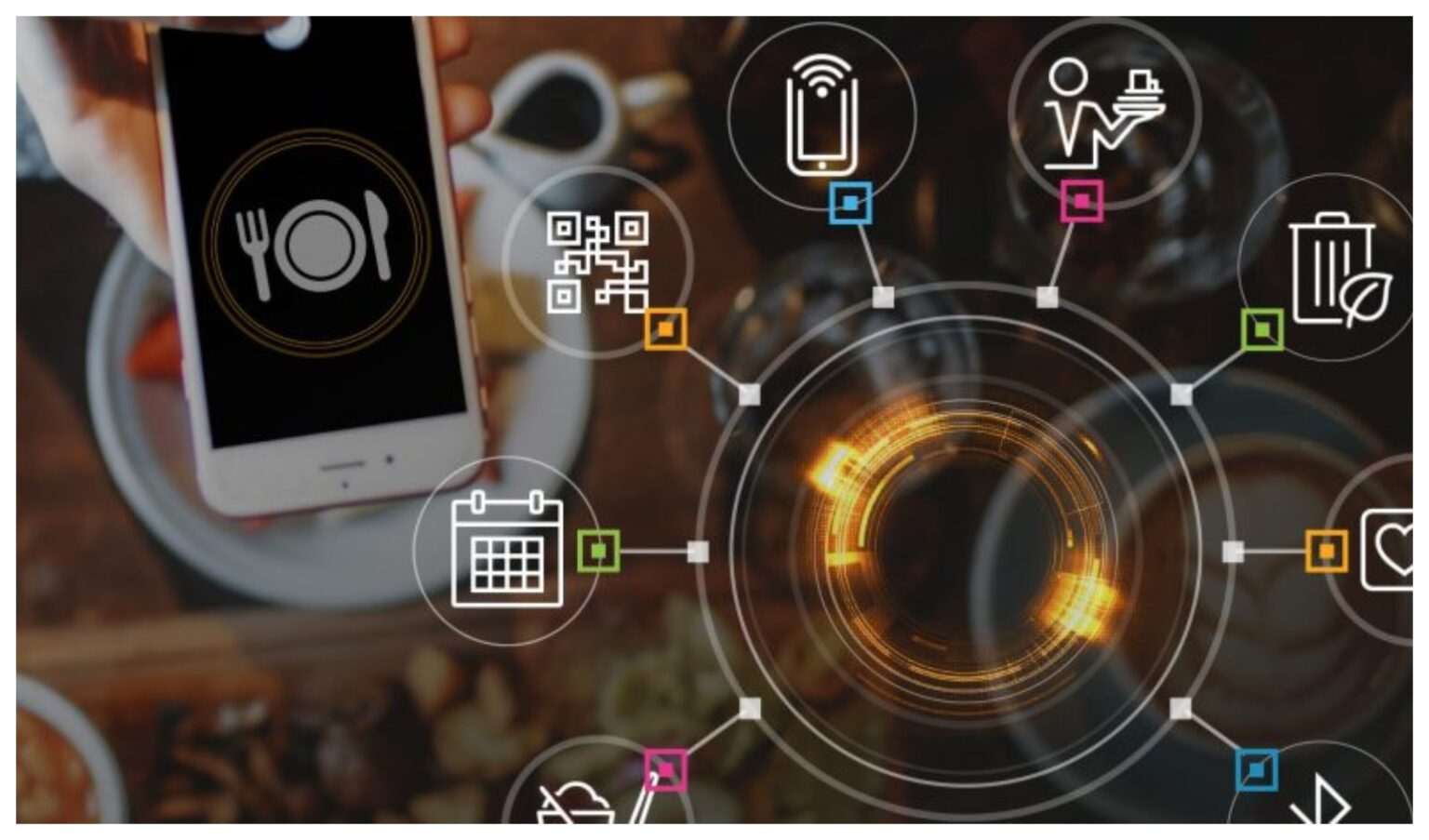Smart restaurant technologies are on track to transform the entire dining experience in Kuwait by 2026. With rapid growth in the food and hospitality sector, restaurant owners are turning toward artificial intelligence, automation, and customer-driven tech to stay competitive. These innovations are not just trends—they are essential solutions to meet modern consumer expectations.
The adoption of smart restaurant technologies is expected to improve operational efficiency, reduce costs, increase customer satisfaction, and help Kuwait align with global digital trends. As the world embraces smart dining, Kuwait’s restaurants are stepping up to offer a futuristic and convenient experience for both locals and tourists.
The Rising Demand for Smart Dining in Kuwait
Smart restaurant technologies in Kuwait are driven by evolving customer behavior, high smartphone usage, and a growing demand for seamless experiences. Diners now prefer digital menus, online reservations, automated ordering, and contactless payments.
A major reason for this shift is Kuwait’s young, tech-savvy population, which welcomes innovation. The desire for fast, efficient service—especially post-pandemic—has also encouraged restaurant owners to invest in technology.
According to regional analysts, restaurants in Kuwait that adopt smart systems can see a 25–40% boost in efficiency by 2026. This includes faster order processing, improved kitchen management, and better customer communication.
What Are Smart Restaurant Technologies?
Smart restaurant technologies include a variety of systems that enhance both front-end and back-end operations. These include:
- AI-Powered Chatbots for online food orders and customer queries
- Automated Kiosks for self-ordering at quick-service restaurants
- QR Code Menus and mobile-based ordering
- POS Integration Systems that sync inventory, orders, and delivery
- Robotic Servers and Smart Kitchens to reduce labor and errors
- AI-Powered Feedback Systems to understand customer preferences
These innovations reduce human error, speed up service, and offer personalized customer experiences.
Kuwait’s Restaurant Sector Welcomes Tech with Open Arms
Several high-end restaurants and popular food chains in Kuwait have already begun testing and implementing smart restaurant technologies. Major malls and food courts are now using self-order kiosks and smart payment systems.
Some brands have introduced AI-based loyalty programs that remember customer preferences and send personalized offers. Others use smart kitchen monitoring systems to reduce food waste and improve hygiene.
Experts believe that by 2026, over 65% of Kuwait’s restaurants will rely on at least one form of smart technology in their daily operations.
Benefits That Will Shape the Future of Dining
The rise of smart restaurant technologies is set to bring a wide range of benefits to Kuwait’s food scene:
- Faster Service
Smart ordering systems and robotic support reduce waiting time and improve customer satisfaction. - Lower Operating Costs
Automation helps reduce the need for excess staff and manual tasks, cutting down overhead expenses. - Improved Customer Experience
Personalized recommendations, seamless digital payments, and instant feedback options enhance the overall dining journey. - Data-Driven Decisions
Real-time customer insights allow restaurants to adjust menus, prices, and promotions more effectively. - Reduced Errors
Machine-based ordering and kitchen automation lower the risk of miscommunication and food errors. - Stronger Hygiene Standards
Contactless options and kitchen monitoring ensure a cleaner and safer environment. - Better Staff Allocation
Technology takes care of routine tasks, allowing staff to focus on hospitality and service quality.
Challenges Ahead Before 2026
Despite the promising outlook, the road to full adoption of smart restaurant technologies in Kuwait is not without obstacles. Some small and mid-size restaurants may find the upfront cost of tech upgrades difficult to manage. There’s also a lack of skilled staff to operate and maintain these systems.
Another concern is cybersecurity. With increased digital interaction comes a greater risk of data breaches. Restaurants must invest in secure platforms to protect customer information.
However, industry experts suggest that government initiatives and tech partnerships could help bridge the gap by offering subsidies or training programs.
The Role of Government and Private Innovation
Kuwait’s government has shown increasing interest in digital transformation through initiatives like the “New Kuwait Vision 2035.” While the focus is largely on economic diversification, smart infrastructure—including in the restaurant sector—is gaining traction.
Private companies, including tech startups in the Gulf region, are working on affordable smart restaurant technologies tailored for local businesses. Cloud kitchens, mobile payment platforms, and AI menu tools are being developed to cater specifically to Kuwait’s hospitality sector.
Global Influence and Local Adaptation
Smart restaurant technologies are being adopted worldwide, and Kuwait is keeping pace with global trends. Countries like Japan, the USA, and South Korea are already using robotic chefs and fully automated dining.
Kuwaiti businesses are now exploring how to adapt these models to local culture, cuisine, and expectations. For example, smart menu tools now offer bilingual support (Arabic and English), and robotic servers are being programmed to recognize cultural greetings.
Final Thoughts
Smart restaurant technologies are not just a luxury—they’re quickly becoming a necessity in Kuwait’s rapidly evolving food industry. From robotic servers to AI-powered order systems, these advancements are expected to redefine the dining experience across the country by 2026.
As restaurants move forward, those that embrace these smart technologies will likely lead the market in innovation, customer loyalty, and profitability. The future of dining in Kuwait is not just digital—it’s intelligent.Do follow Gulf Magazine on Instagram
Also Read – Kuwait’s Restaurant Sector Booming with 45% Growth in 2025



